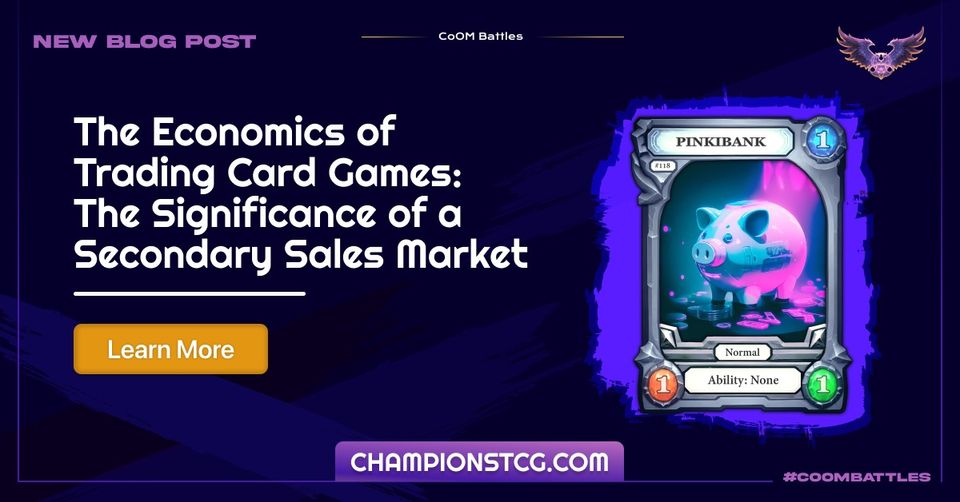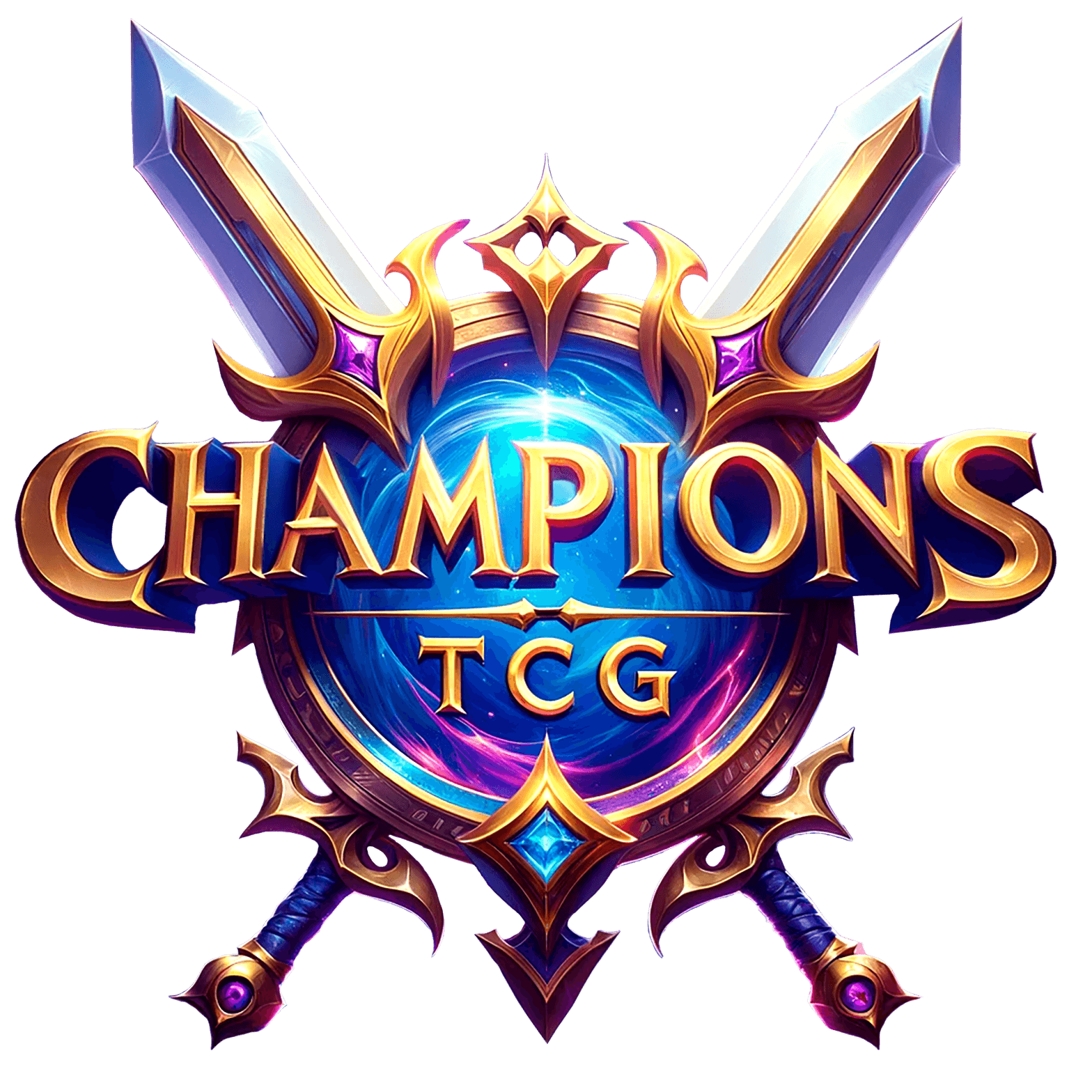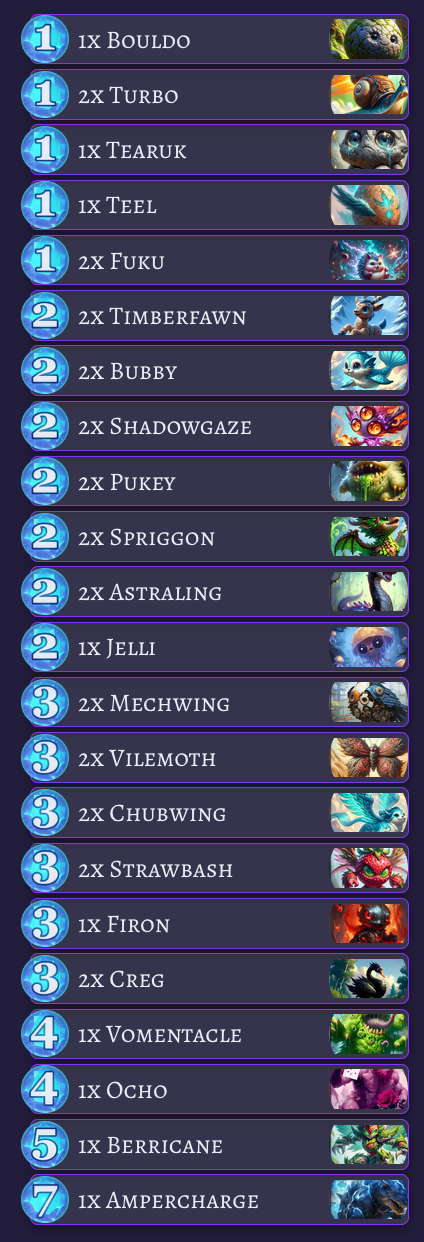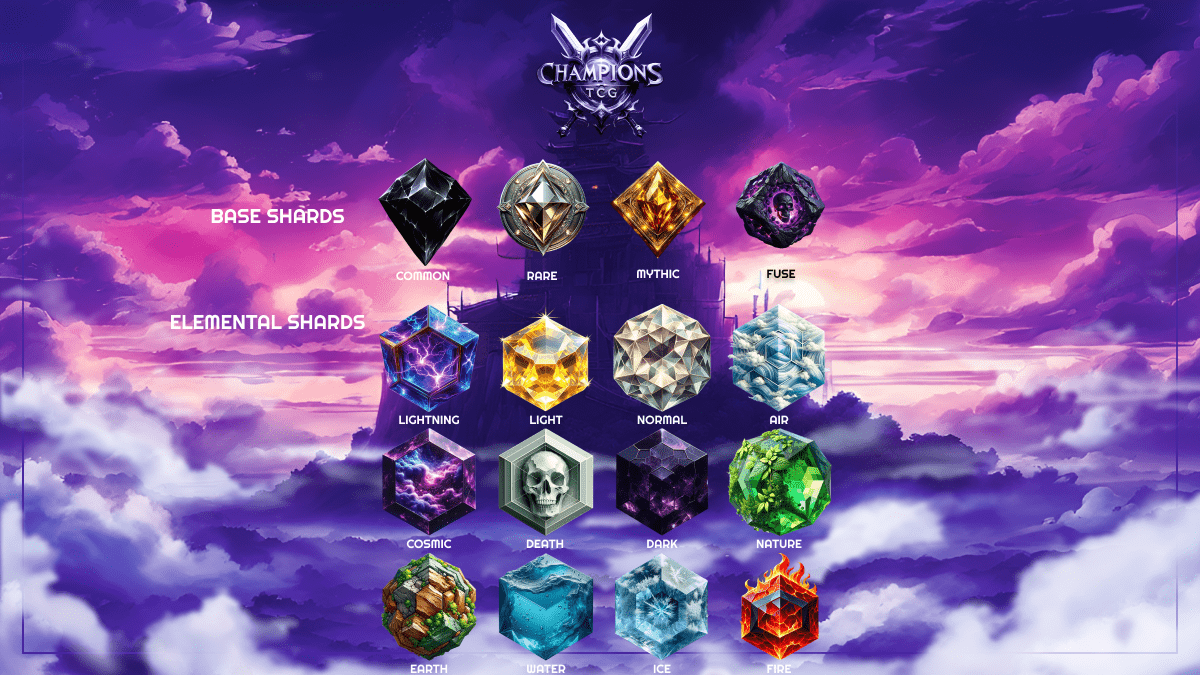The Economics of Trading Card Games: The Significance of a Secondary Sales Market

Trading Card Games (TCGs) have not only gained immense popularity as a form of entertainment but have also created unique and vibrant economic ecosystems. One of the key components of TCG economics is the secondary sales market. In this blog post, we will delve into the intricate world of TCG economics and explore why a secondary sales market is crucial for the growth and competitiveness of these card games.
Understanding TCG Economics
At its core, TCG economics revolves around the creation, distribution, and trading of collectible cards. These cards possess varying degrees of rarity, desirability, and utility, making them highly sought-after commodities among players and collectors. The TCG economy is influenced by several factors:
- Card Rarity: Cards are often categorized into common, uncommon, rare, and ultra-rare categories, with rarer cards typically holding higher market value.
- Card Demand: Player demand drives card prices. Cards that are considered essential for competitive play or are part of popular deck strategies tend to be more valuable.
- Card Scarcity: Limited print runs, card rotation, and card bans can create scarcity, increasing the value of specific cards.
- Metagame Changes: Frequent rule changes, card set releases, and tournament results impact card values as players adapt to the evolving metagame.
- Collector's Appeal: Some cards hold value due to their aesthetics, historical significance, or limited edition status, attracting collectors willing to pay a premium.
The Importance of a Secondary Sales Market
- Liquidity and Investment: A secondary sales market provides liquidity, allowing players to convert their cards into cash when needed. This liquidity encourages more players to invest in the game, knowing they can recoup some of their investment.
- Accessibility: Secondary markets make it easier for players to access specific cards they need for their decks. Without this market, obtaining specific cards could be prohibitively expensive or difficult.
- Competition and Innovation: A healthy secondary market encourages competition and innovation. Players can experiment with different deck strategies, knowing they can sell or trade cards if their strategies change.
- Support for Competitive Play: Competitive TCGs thrive when players have access to a wide range of cards. A secondary sales market ensures that players can acquire the cards they need to compete at a high level.
- Collector Value: Collectors are an integral part of the TCG community. A secondary market provides collectors with opportunities to find rare and valuable cards, enriching the collector experience.
Balancing Act: Regulating the Secondary Market
While a secondary sales market offers numerous benefits, it also presents challenges. Speculation, price manipulation, and counterfeit cards can negatively impact the market. To address these concerns, game publishers often take various measures:
- Limited Editions: Publishers release limited-edition cards and sets to cater to collectors while maintaining the integrity of the primary card pool.
- Tournament Regulation: Organized play and tournament regulations help shape the metagame, ensuring that no single card becomes too dominant.
- Counterfeit Prevention: Publishers implement security features to prevent counterfeiting and protect the authenticity of their cards.
- Ban Lists: Card game publishers periodically review and update ban lists to maintain game balance and fairness.
Conclusion
The secondary sales market plays a vital role in the economics of Trading Card Games. It enhances accessibility, fosters competition, and supports the growth of both competitive play and collector communities. While challenges exist, striking a balance between player engagement and economic sustainability is essential for the continued success of TCGs. As TCGs evolve and adapt, their economies will continue to be shaped by the interplay between players, collectors, and publishers, making them not only exciting games but also fascinating economic phenomena.





